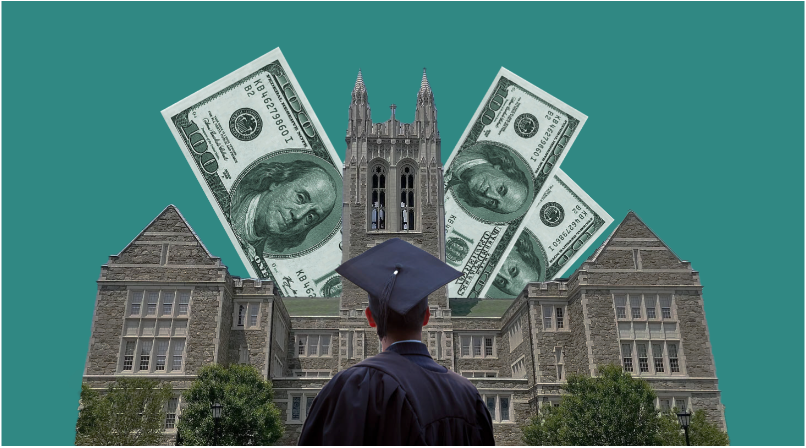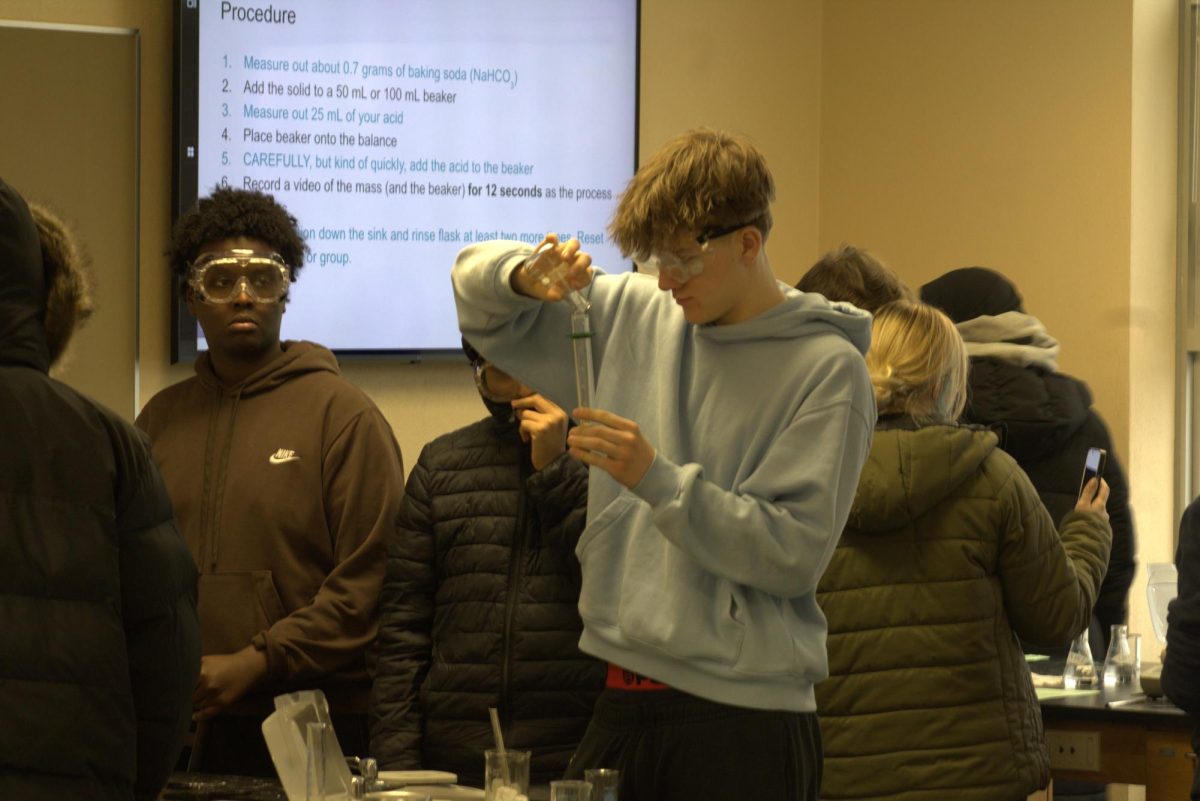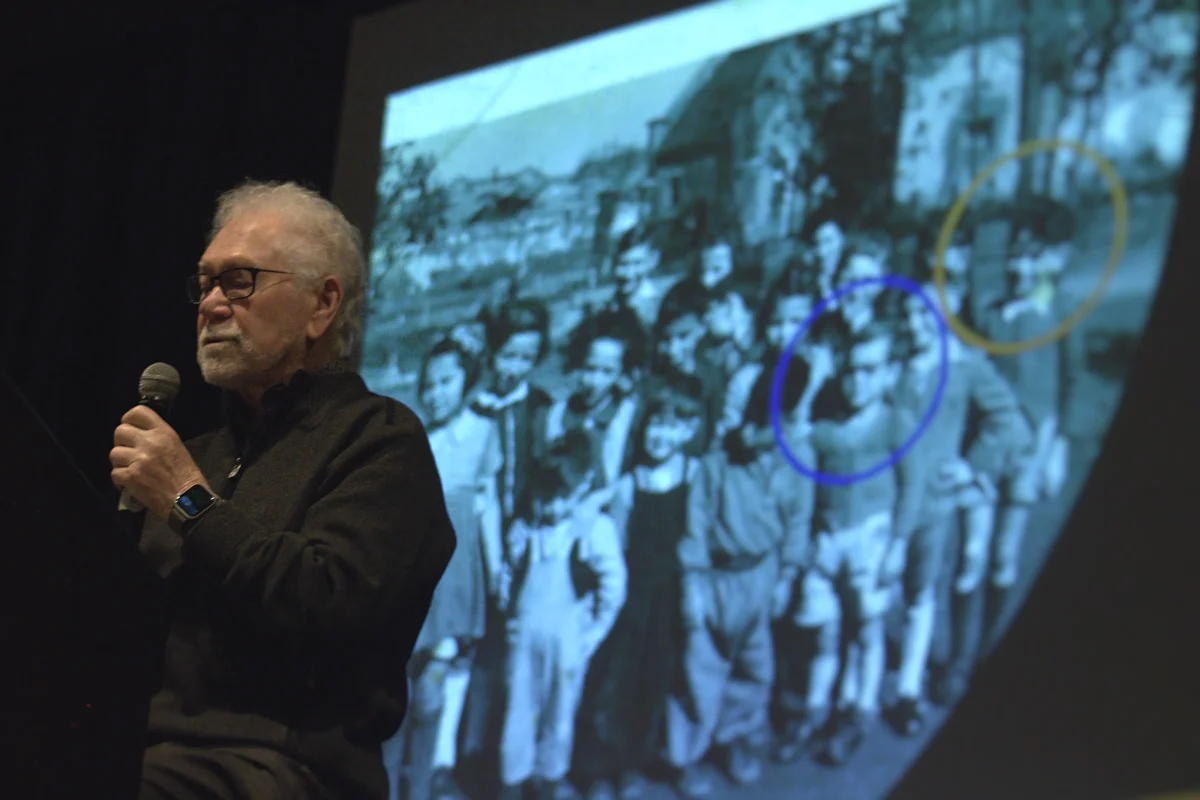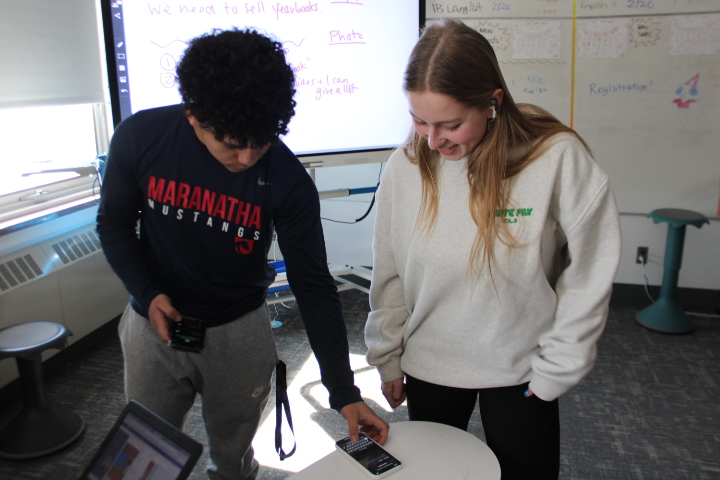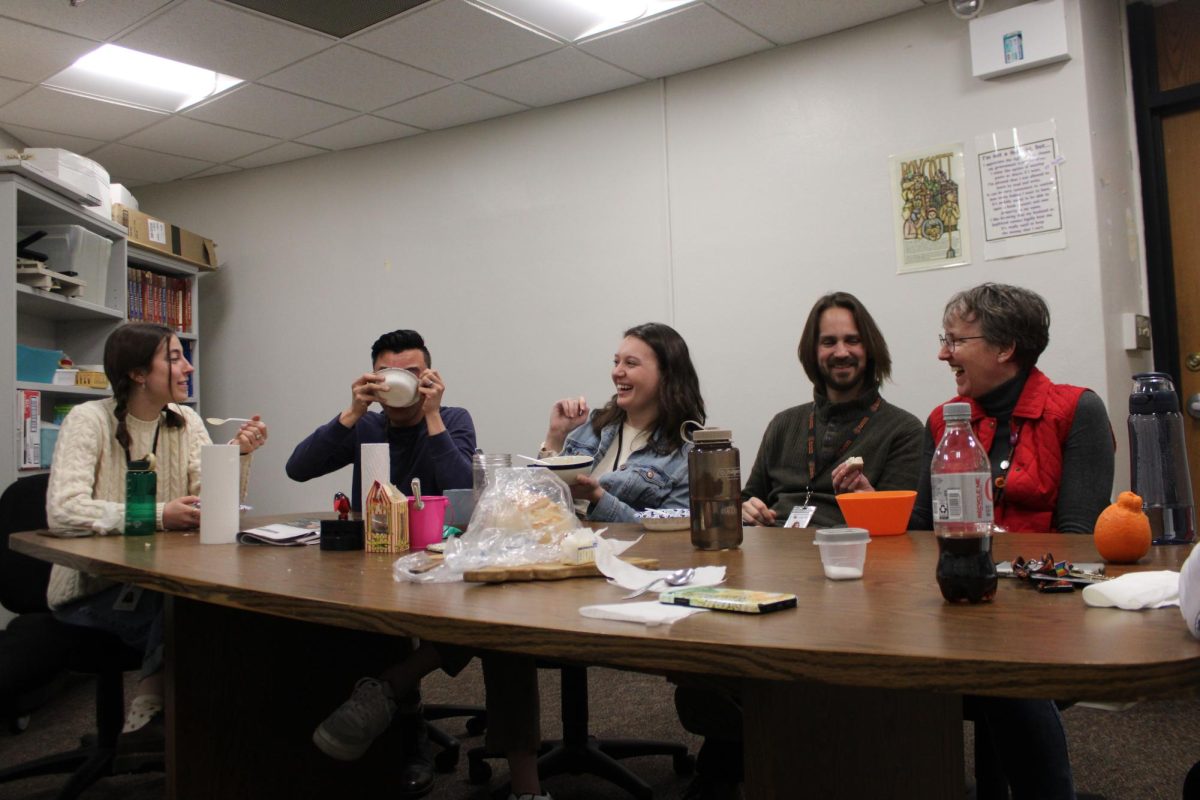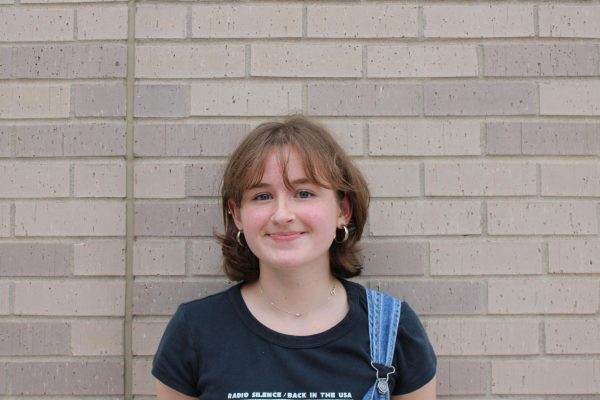Growing up, my father always told me when it came to college, money shouldn’t make me compromise my education. My parents have been saving for me to attend college my entire life, so I thought I didn’t have to worry about the price. In school, I was told college was the “great equalizer,” a place where students from all economic backgrounds could have access to the same opportunities.
I used to imagine myself at liberal arts schools on the East Coast. I looked up average GPAs and test scores and measured my chances, envisioning myself studying in ornate halls and ivy-covered towers. I heard those schools were expensive, but I thought we could afford it. I’m middle class, and my parents made a point to save. I vividly remember a Christmas party as a kid where my grandpa pressed a hundred-dollar bill into my hand to give to my parents. It was the most money I had ever held. “This is for your college,” he said. My mom put every Christmas gift into my college fund.
This fall, I finally got my dad to sit down with me to do a net price calculator for a school I loved. With my parents now divorced, it took an hour on the phone with my mom to find the information we needed to put down. After their divorce, my parents’ views on college split. My mom began suggesting closer, cheaper schools. “The smartest people I know went to NDSU,” she said. “And they don’t have any debt.” Adding our information to the calculator, I was sure I’d prove my mother wrong.
When the projected cost appeared on the screen, I thought it was an error. The entirety of my family’s college savings, meant for me and my two sisters to share, would only cover half of it. I felt cheated. I felt angry. Who could afford this? My parents had been saving for 17 years, so what about students who weren’t so lucky? The resources and opportunities I believed I’d had access to were being gatekept to the ultra-wealthy.
As the reality of paying for college began to sink in, I thought back to a Model United Nations conference the previous spring held at Northwestern University. Near the end of it, our dias, the session moderators, held a panel open to questions, and someone asked the panel how they got into Northwestern. My friend and I craned our necks, eager to hear their response. We had spent the weekend gawking at the beautiful campus, envisioning ourselves returning as students. One by one, each member of our dias gave the same answer. They’d gone to an excellent private school and applied for Early Decision, agreeing to pay Northwestern’s tuition at full sticker price once accepted. The room seemed unfazed, and I remember turning to my friend and sharing a look of astonishment. In that moment, as the dias went on to share their favorite lavish vacation spots and best designer brands for conference garb, I realized we were the only people in the room who went to a public school.
After that discussion, Northwestern’s beautiful campus lost its appeal. The gothic castles, artificial lake and coin-sized view of Chicago’s skyline in the distance all seemed like a facade, built to shield its students from the outside world. I realized I had more in common with the dining hall staff than with the students of Northwestern. The majority of people living in Saint Louis Park, could never afford a school like this.
Now that I’m in the thick of college application season, I’ve been grappling with this memory and a lifetime of false beliefs about university. I still feel like the college I attend determines my value, and I’ve had to make a conscious effort to tune out conversations with fellow seniors that perpetuate that thinking. In part, I’m glad to be going through this now. My mom was right—smart people go to NDSU because for many, that’s the smart option. It’s the only option. If I go to a school like the ones I’d always thought I’d go to, I’ll be surrounded by people who could never understand that.
That being said, I am angry. It’s impossible not to be. Wealthy students have better access to opportunities in college that middle and lower-class students desperately need, and that perpetuates and exacerbates the wealth gap in America. I’m not writing this story to complain about my situation; I’m writing it because I know I’m in a better situation than the majority of my peers. If a middle-class person whose parents have been saving for college their whole life can’t afford it, it’s too expensive. Something needs to change.



